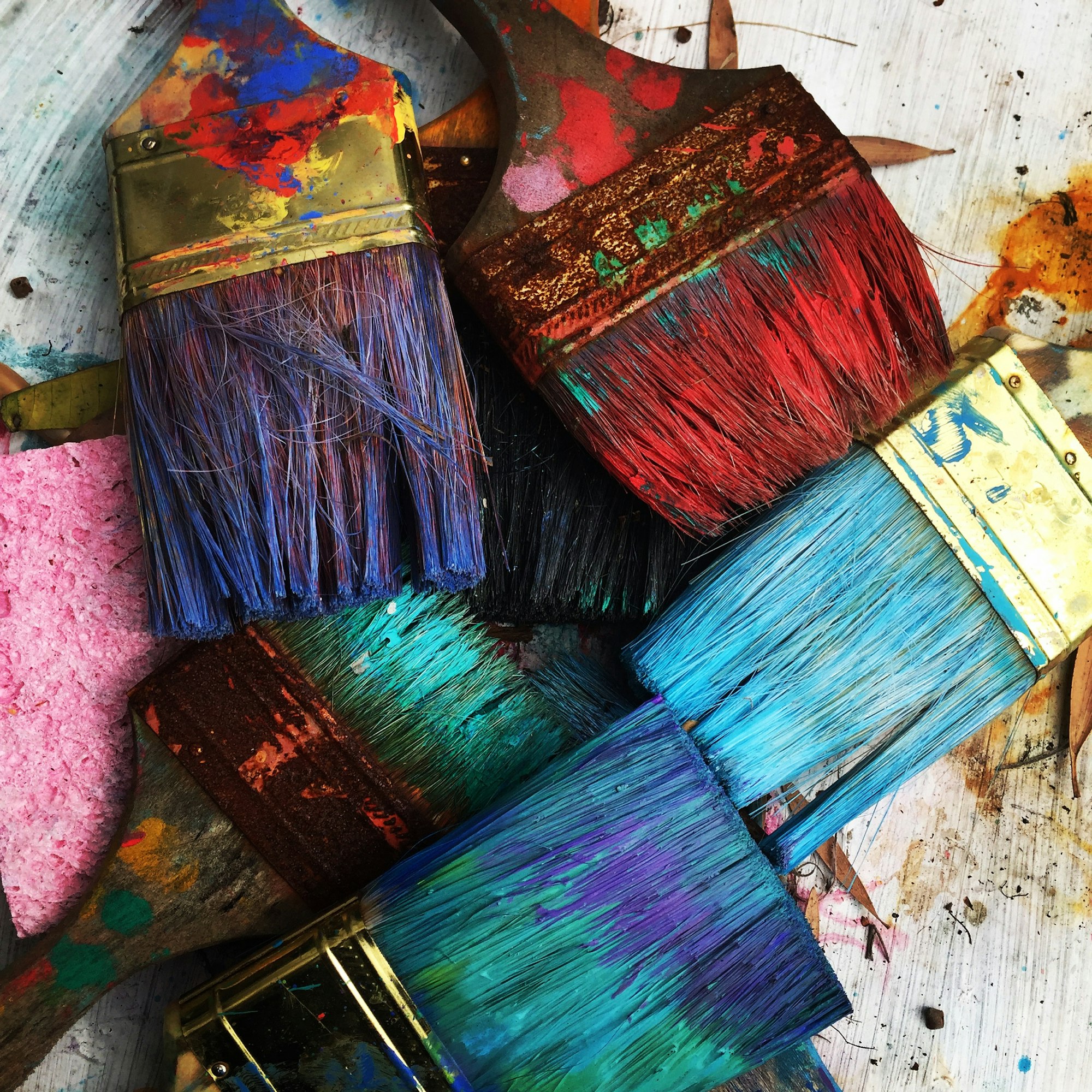You are Probably a Speculator, Not an Investor
Many participants in the market refer to themselves as investors, but they are speculators.
A few years ago, I was attending an event at NYU's Stern School of Business, and one of the event sponsors was a company that promoted 'investing' in classic cars.
Their standies had images of shiny cars - Shelby Mustangs, Ferraris, Aston Martins. Their brochures went into greater details, about how classic cars as an asset class had outperformed the S&P 500 in the past decade or so.
I hate to break it to you, but unfortunately, that is not investing. Putting money into a collectible (a Shelby Mustang, a Picasso Lithograph, Ming vase etc), and hoping that it appreciates in price, falls under the category of speculating. This is not a recent pet peeve of mine, I have been pointing this out for at least a few years now.
When even banks don't know the difference between investing and speculating. pic.twitter.com/ShM2rGIlrI
— Prasant Sudhakaran (@prasants) July 1, 2017
Why bother about semantics, you say?
It is good to know when you are investing, and when you are speculating.
As Benjamin Graham wrote,
An investment operation is one which, upon thorough analysis, promises safety of principal and an adequate return. Operations not meeting these requirements are speculative.
Now to be fair, Graham's definition of 'safety of principle' does not always hold true, but this is about degrees of risk. Even the hallowed US Treasury Bills that are the basis of the 'risk free' rate of return, do carry a non-zero probability of default. On the balance of probability, however, it is as close to safe as can be in the world of investments.
Investments generate cashflow for the owners, while speculations do not. Speculators depends on the ups and downs of a secondary market to make a return. To paraphrase one of my investing heroes, Seth Klarman, speculating depends on a circular reasoning - people buy an item because others have recently bought it, thus bidding up prices and offering good to great returns to the early buyers.
Take for instance the art world. Art is often touted as a store of value, and something that the wealthy gravitate to in the years that the markets are lean, given that they are uncorrelated to the stock markets. And yet, artists fall out of favour, are completely forgotten at times, and then with no explanation their work can again go up high in demand. The former Head of Impressionist and Modern Paintings at Christie's, Michael Findlay, in his book 'The Value of Art' writes:
The price of art, whether sold in the primary or the secondary market, is governed by supply, demand, and marketing.

He is of the view that art has no intrinsic, objective value. Replace 'art' with Pokemon Cards, most NFTs, Vintage Air Jordans, or stocks of rubbish companies, and you're in the same territory.
So what?
This is not a rant against speculation. I have myself put some money towards things or entities that can only be termed speculative.
However, it is important to know when you are an investor, and when you are a speculator. This will help you manage risk better, and improve your overall returns while reducing risk of ruin.
I view the difference between the two approaches also as a mental one. While in investor mode, I am constantly finding reasons to reject opportunities. Investing is a negative art, as Ben Graham would say. I am looking to get as close towards 'safety of principal' as I can. There could be numerous reasons why that safety could be in doubt, and I comb through my checklists and mental models to think why investing in a particular offering could be a bad idea.
While speculating, I often already know there's only an outside chance I could make real money on it. My calculations have already deemed success to be a low probability, high impact event.
To speculate is to be human
Speculation is as old as humanity itself, it will never go away. We are descendants of humans who took big, speculative bets. It's in our DNA.
Imagine if our ancestors didn't speculate that there would be better weather or more food beyond the Serengeti. Speculating, being optimistic, jumping on an opportunity, is amongst the most human of traits.
Investing is the denial of this base instinct. It's denying oneself the dopamine hit from short term gratification, and delaying rewards. Know when you're investing, and when you're speculating.
Member discussion